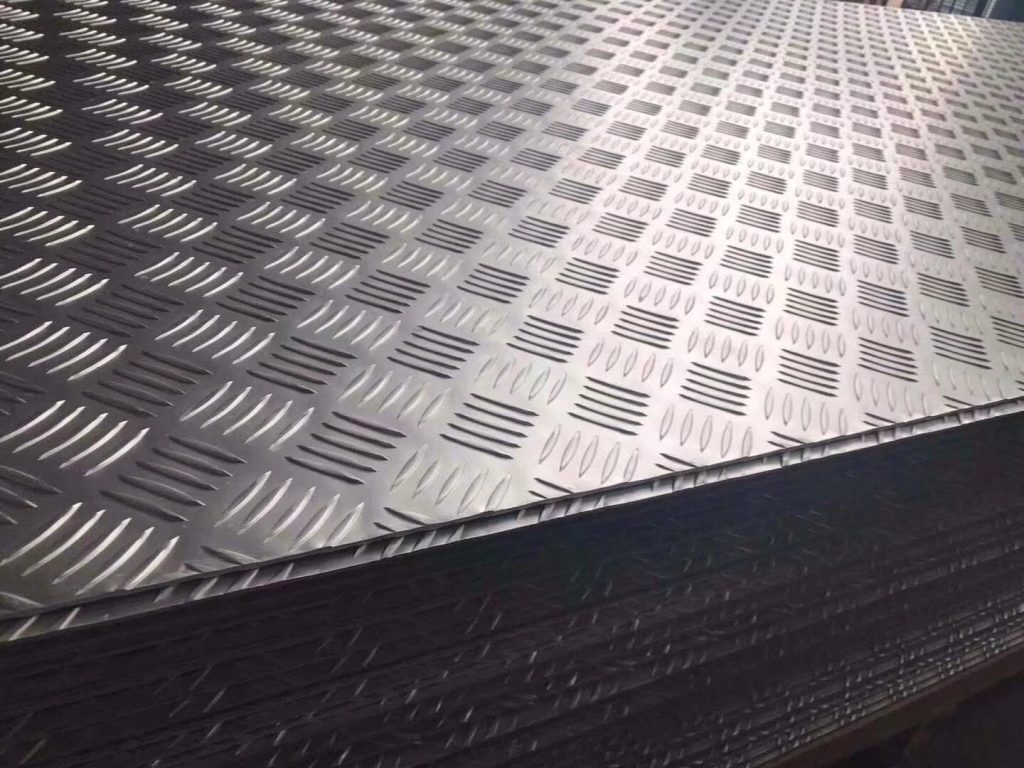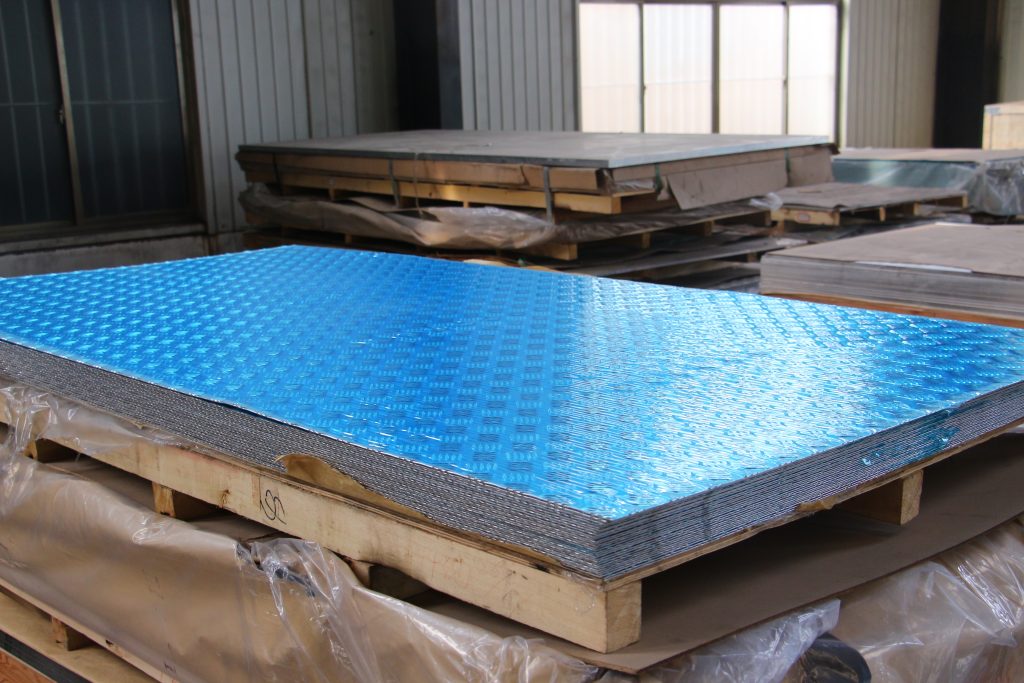Aluminum diamond plate, also known as tread plate or checker plate, is prized for its durability, strength, and aesthetic appeal. However, a common concern among users is whether aluminum diamond plates are susceptible to rust. Let’s delve into this question and understand the corrosion resistance of aluminum diamond plate.
Corrosion Resistance of Aluminum Diamond Plate
Aluminum diamond plate is inherently resistant to rust and corrosion due to its unique properties. Unlike iron-based metals such as steel, aluminum forms a protective oxide layer when exposed to oxygen in the atmosphere. This oxide layer acts as a barrier, preventing further oxidation and corrosion of the underlying aluminum surface.

Factors Affecting Corrosion Resistance
While aluminum diamond plate is naturally corrosion-resistant, certain factors can influence its susceptibility to corrosion:
1. Alloy Composition: The composition of the aluminum alloy used in the diamond plate affects its corrosion resistance. Alloys with higher levels of aluminum and additional corrosion-resistant elements such as chromium or zinc exhibit superior resistance to rust.
2. Surface Finish: The surface finish of aluminum diamond plate can impact its corrosion resistance. Smooth, anodized, or coated finishes provide an additional layer of protection against corrosion, enhancing the longevity of the material.
3. Environmental Exposure: Exposure to harsh environmental conditions, such as saltwater, acidic or alkaline environments, and industrial pollutants, can accelerate corrosion. However, aluminum diamond plate generally fares well in outdoor environments, making it suitable for a wide range of applications.
Maintenance and Care
While aluminum diamond plate is highly resistant to rust, proper maintenance and care can prolong its lifespan and appearance:
1. Regular Cleaning: Periodic cleaning of aluminum diamond plate with mild detergent and water removes dirt, debris, and contaminants that may contribute to corrosion.
2. Avoid Abrasive Cleaners: Avoid using abrasive cleaners or steel wool, as they can scratch the surface of the diamond plate, compromising its protective oxide layer.
3. Protective Coatings: Applying a protective coating or sealant specifically designed for aluminum surfaces can provide an extra layer of defense against corrosion and maintain the plate’s appearance over time.

Conclusion
In summary, aluminum diamond plate exhibits excellent corrosion resistance, thanks to its natural oxide layer and inherent properties. While it is not immune to corrosion, proper alloy selection, surface finishing, and maintenance practices can mitigate the risk of rust and prolong the lifespan of the material. With its durability and aesthetic appeal, aluminum diamond plate remains a popular choice for a wide range of applications, from industrial flooring to decorative accents, where corrosion resistance is paramount.


